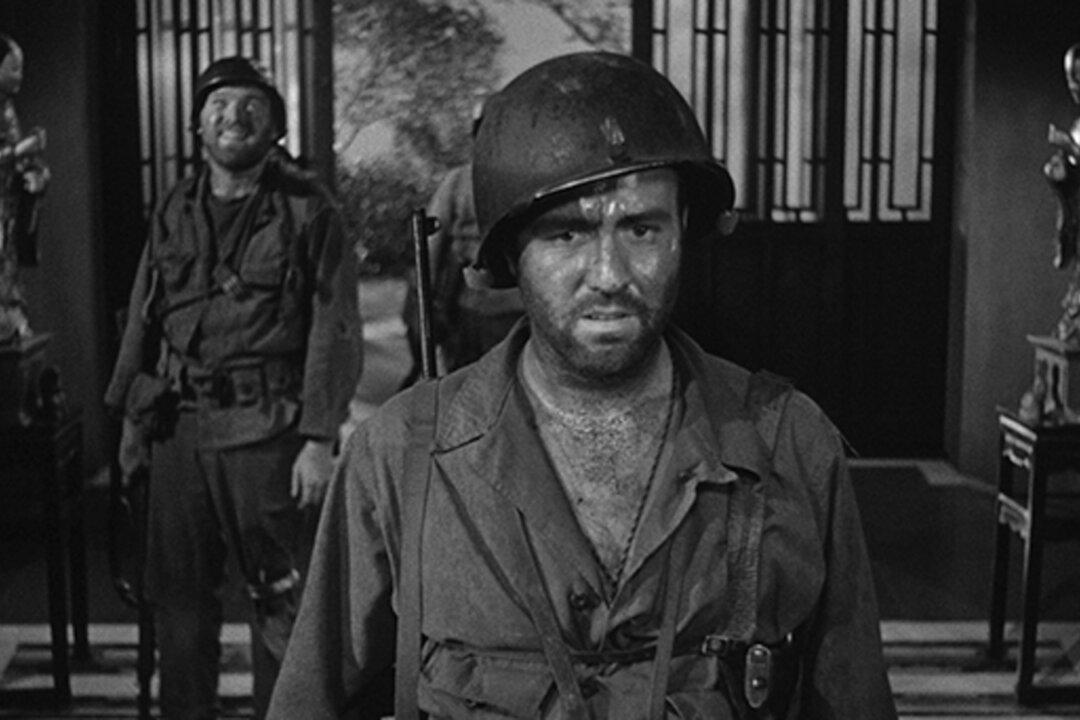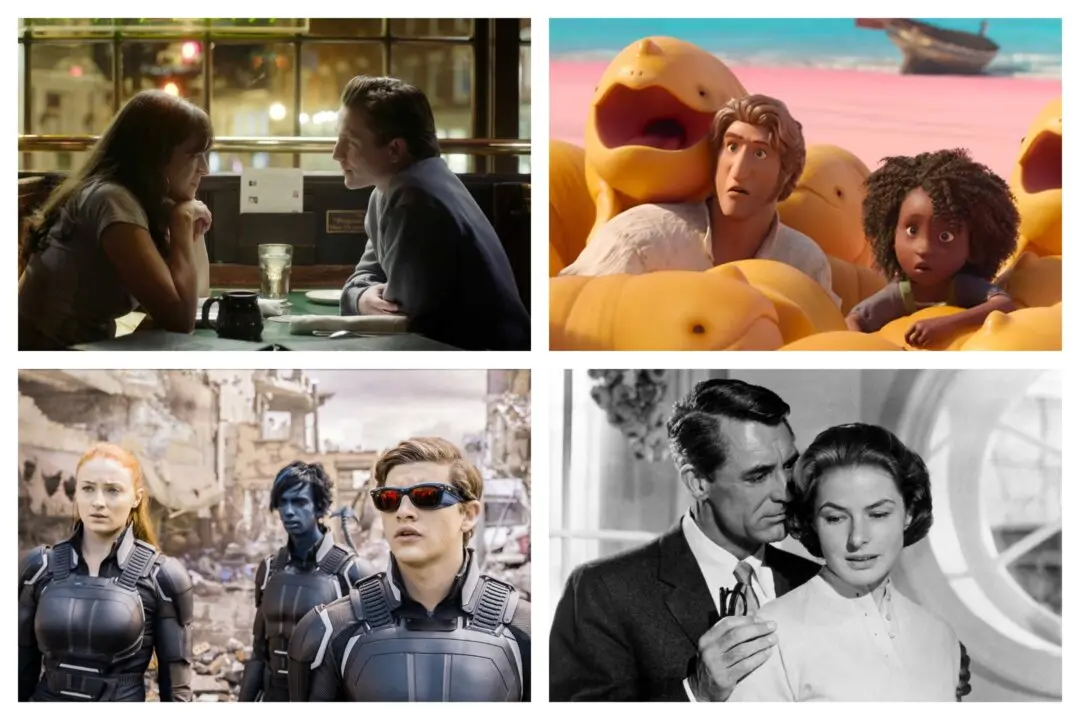NR | 1h 25m | Action, Drama, War | 1951
I think it’s great that World War I has finally been getting its cinematic due over the last decade or so after long being overshadowed by World War II. However, although the Korean War was more recent (1950–1953) than World War I, it has still been largely ignored by Western filmmakers—with a few exceptions.






